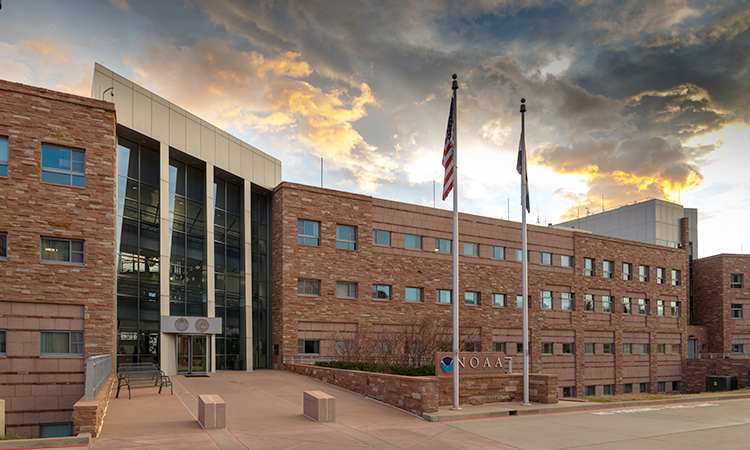A .gov website belongs to an official government organization in the United States.
A lock () or https:// means you've safely connected to the .gov website. Share sensitive information only on official, secure websites.

Poor air quality, particularly in urban areas, has a demonstrable effect on human health, but the processes responsible for producing the main pollutants, namely particulate matter, ozone, nitrogen dioxide and heat are often not well understood and are poorly predicted. The recent Clean Air for London (ClearfLo) project had the aim of provide integrated measurements of the meteorology, composition and particulate loading of London's urban atmosphere, made at street level and at elevated sites, complemented by modelling, to improve predictive capability for air quality.
NOx emissions were investigated by direct measurements of the NOx flux from an elevated site above central London (the BT tower). 60 days of flux measurements were made and compared to emissions estimates of various UK and London centric inventories. Nox and VOC fluxes were also measured from a low flying aircraft over the wider London area.
The chemistry of nitrous acid (HONO) was investigated using measurements made during an intensive operation period at an urban background site in London. A wide range of gas and aerosol phase species were measured, enabling detailed modelling of the chemistry, which in turn allowed quantification of a potential unknown HONO source. This was then assessed for its importance of this for the oxidising capacity of London's atmosphere.
A range of VOCs were measured during the intensive operation periods, including heavier weight compounds (>C10), that are rarely quantified in air. these compounds are believed to come from diesel exhausts, with their high concentrations being a result of the shift to a larger diesel fleet in the UK over the past decade. The importance of these compounds to ozone and SOA formation was investigated and conclusions drawn as to the unintended consequence of the move to diesel on air quality.
ALL Seminar attendees agree not to cite, quote, copy, or distribute material presented without the explicit written consent of the seminar presenter. Any opinions expressed in this seminar are those of the speaker alone and do not necessarily reflect the opinions of NOAA or CSL.